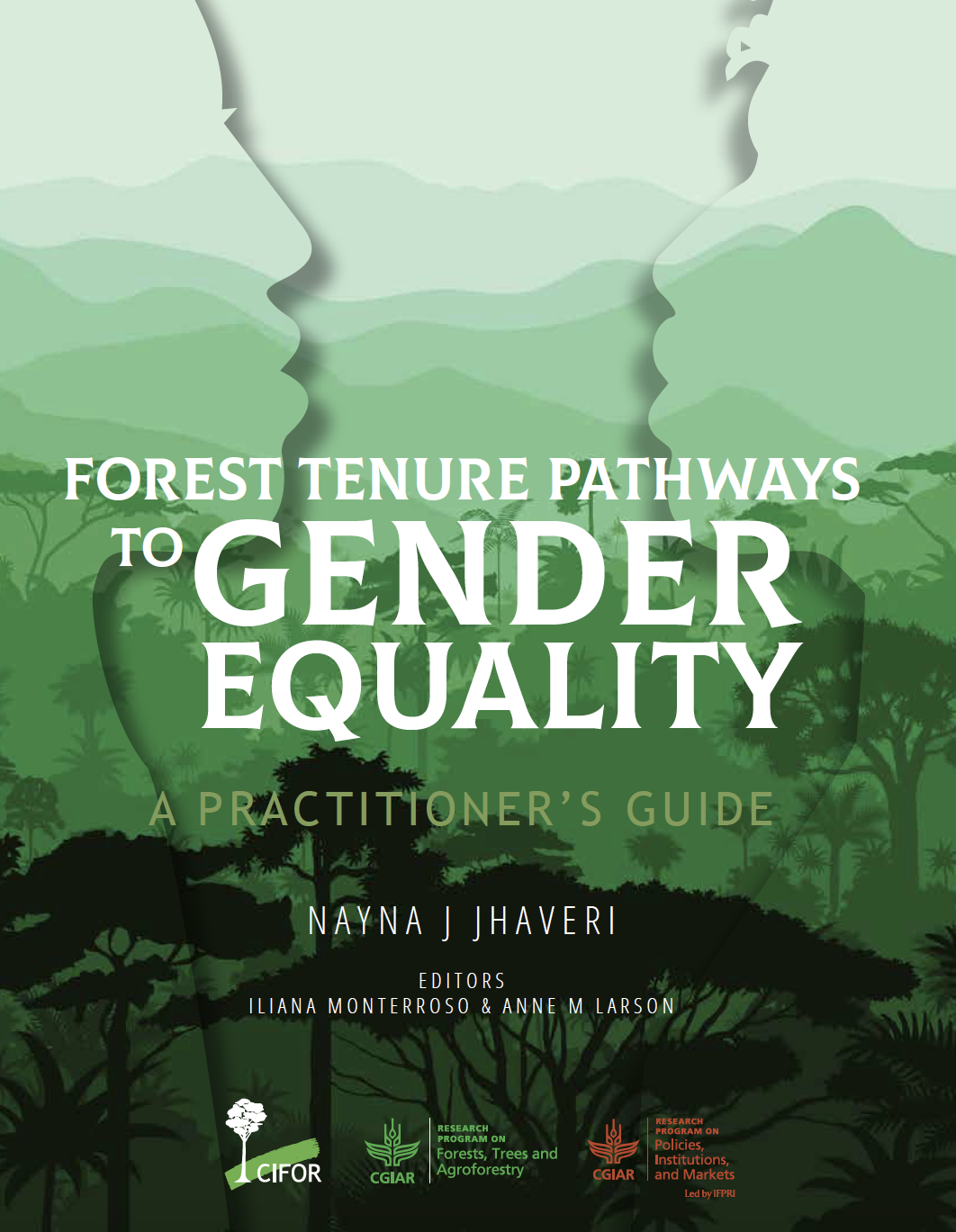FUTURE BRIEF: The solution is in nature
Nature-based Solutions (NbS) work with nature to benefit both natural ecosystems and the people that depend on them. By putting nature at the centre, NbS address a range of societal challenges: protecting, sustainably managing or restoring natural or modified ecosystems and supporting their health, function and biodiversity.
The research collated in this brief confirms that NbS deliver simultaneously multiple benefits and shows the wide-ranging beneficial impacts of scaling up their implementation across Europe.



